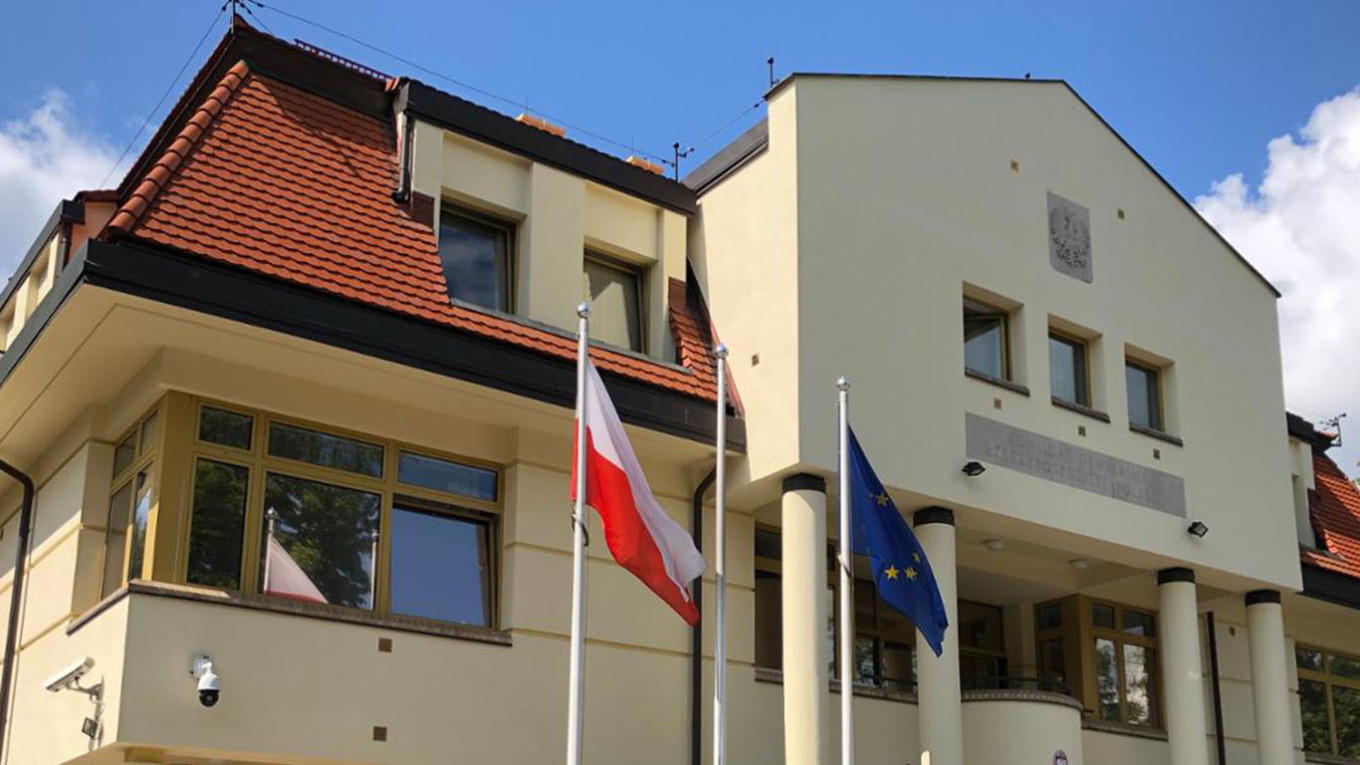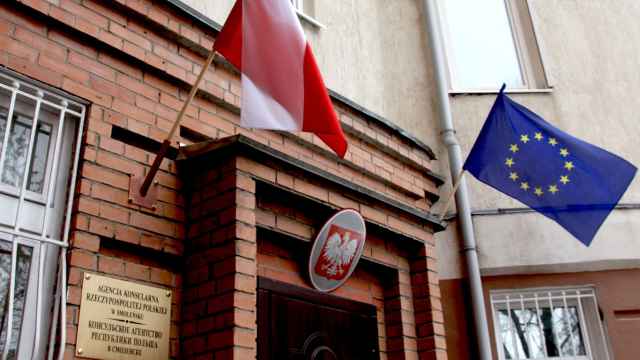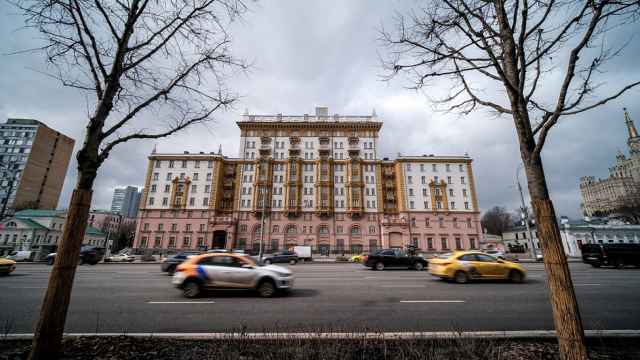Russia had ordered the closure of Poland’s consulate in the western city of Kaliningrad in retaliation for what it called the “unjustified and hostile” shutdown of its own consulate in the Polish city of Krakow.
The Foreign Ministry said Friday it had summoned Poland’s charge d’affaires to notify him that Moscow will revoke its consent for the Polish Consulate General in Kaliningrad to operate, effective Aug. 29.
Russia’s consulate in Krakow ceased operations on June 30, according to the ministry.
Polish authorities announced in May that the decision to close the Russian consulate was made “in light of evidence” suggesting Russia’s security services may have been involved in a May 2024 shopping mall fire.
“Russian diplomacy consistently proceeds from the principle that no unfriendly act against our country will go unanswered or without consequences,” the Foreign Ministry said in a statement.
Poland’s Foreign Ministry later said it would “respond appropriately” to the closure of its consulate in Kaliningrad, claiming Moscow’s decision would impact Russian citizens first and foremost.
“From what I know, there haven’t been many tourists going to Kaliningrad, and we don’t have significant business interests there,” Foreign Ministry spokesman Paweł Wroński told reporters. “So if this decision affects anyone, it will mostly be Russians who were hoping to apply for Polish visas somewhere closer.”
Tensions between Russia and Poland have worsened since Moscow launched its full-scale invasion of Ukraine in February 2022. Both countries have since expelled dozens of diplomats and shut down consulates, including those in Poznan and St. Petersburg, in tit-for-tat moves.
Poland has also been a key transit hub for Western military aid to Ukraine. In 2023, Warsaw imposed restrictions on Russian diplomats over accusations that Moscow is waging a “hybrid war” against the country.
A Message from The Moscow Times:
Dear readers,
We are facing unprecedented challenges. Russia's Prosecutor General's Office has designated The Moscow Times as an "undesirable" organization, criminalizing our work and putting our staff at risk of prosecution. This follows our earlier unjust labeling as a "foreign agent."
These actions are direct attempts to silence independent journalism in Russia. The authorities claim our work "discredits the decisions of the Russian leadership." We see things differently: we strive to provide accurate, unbiased reporting on Russia.
We, the journalists of The Moscow Times, refuse to be silenced. But to continue our work, we need your help.
Your support, no matter how small, makes a world of difference. If you can, please support us monthly starting from just $2. It's quick to set up, and every contribution makes a significant impact.
By supporting The Moscow Times, you're defending open, independent journalism in the face of repression. Thank you for standing with us.
Remind me later.






